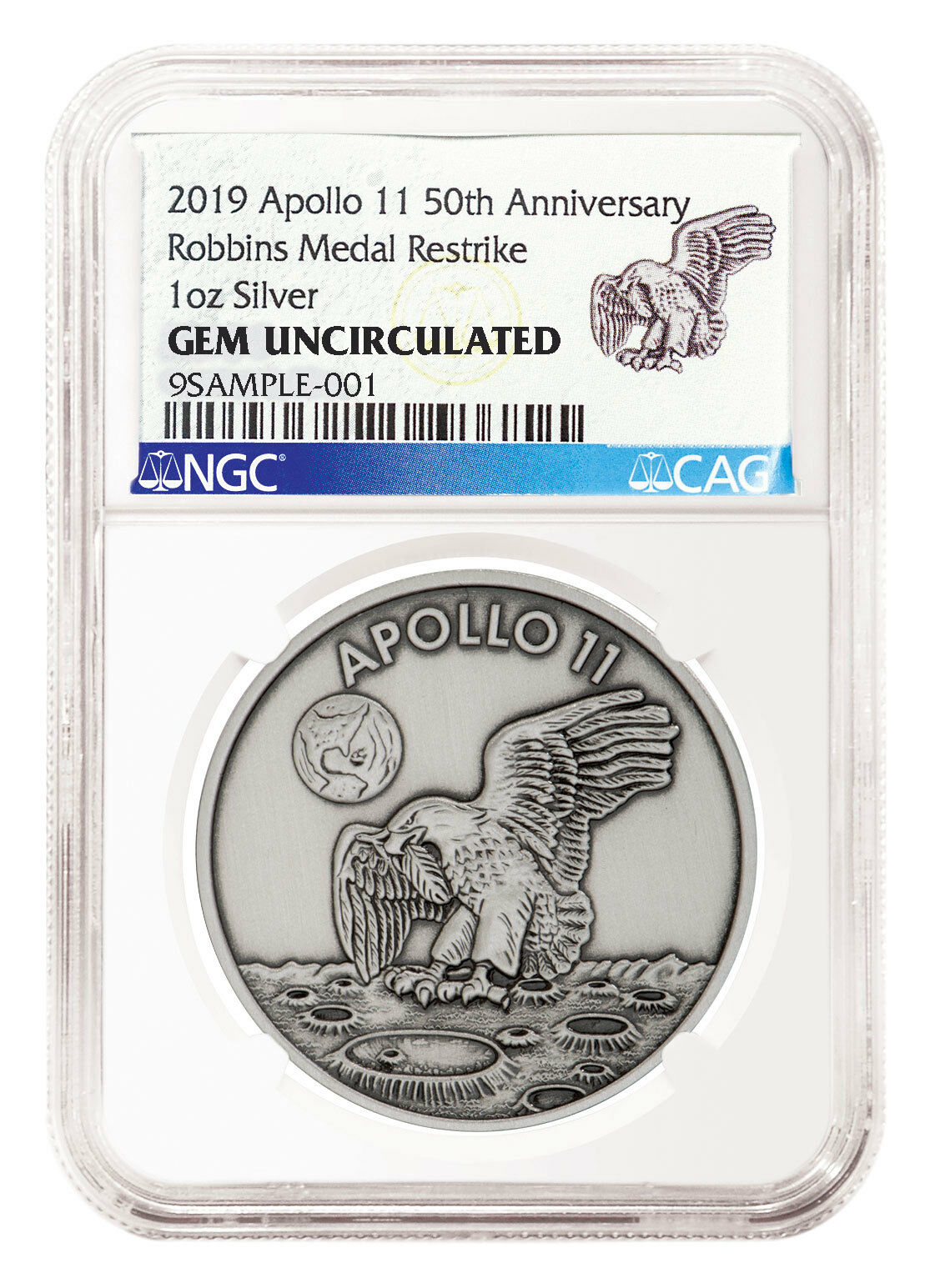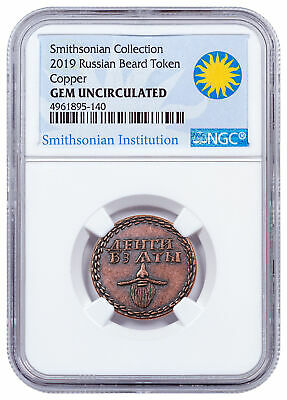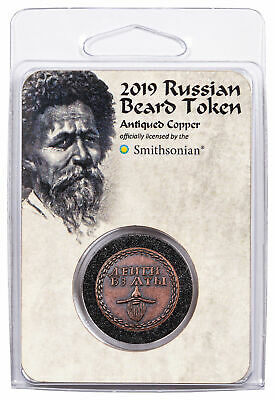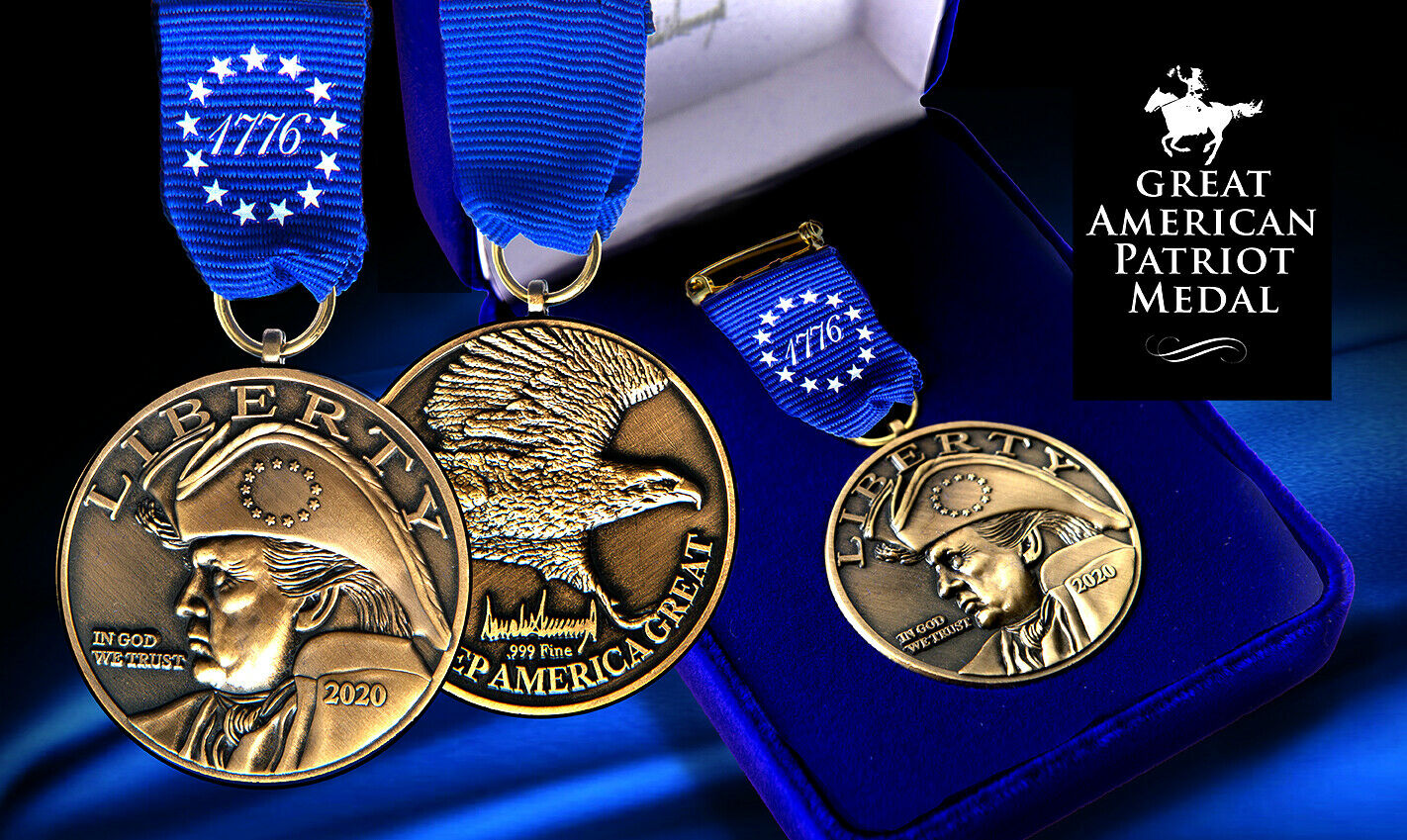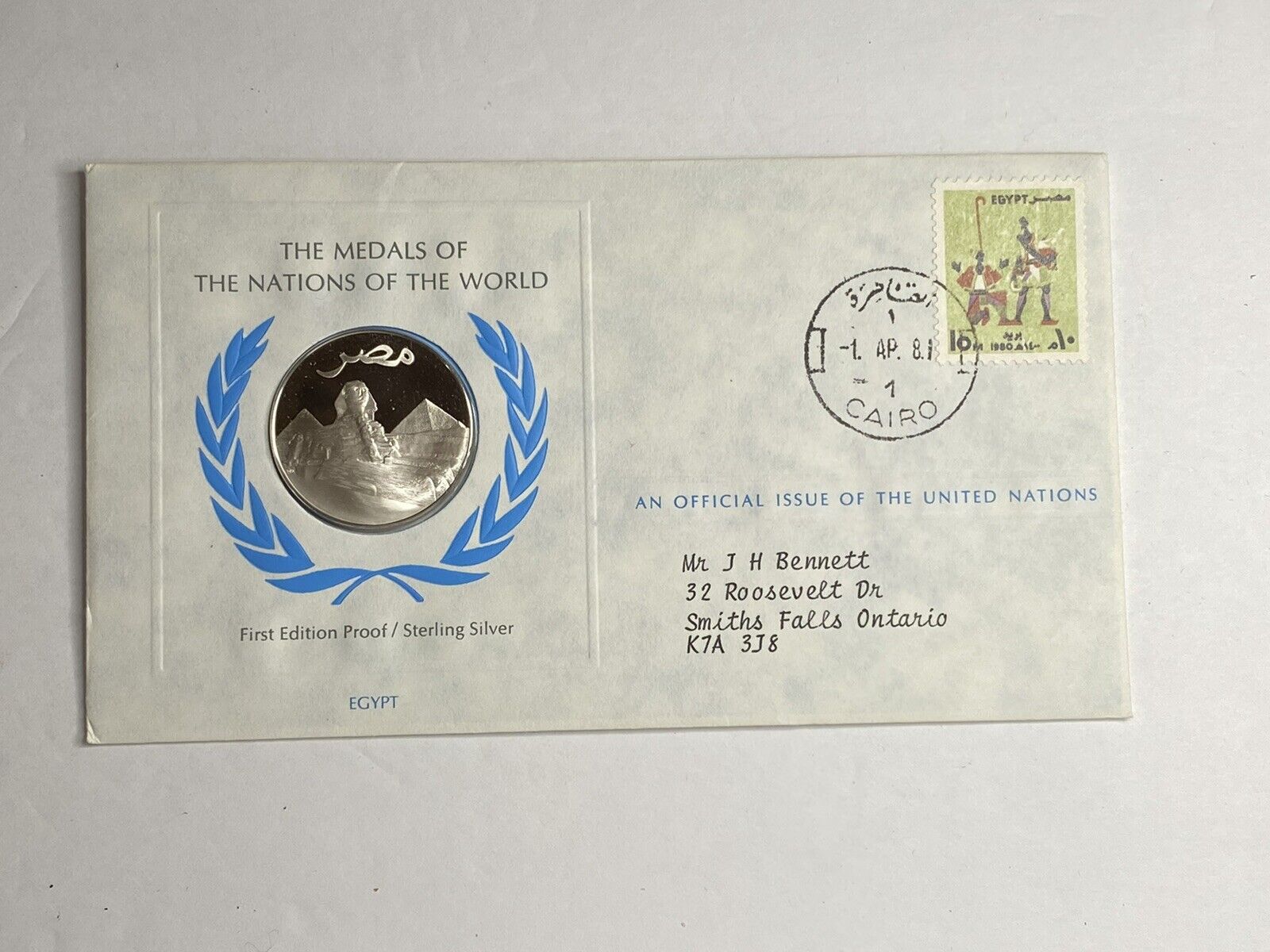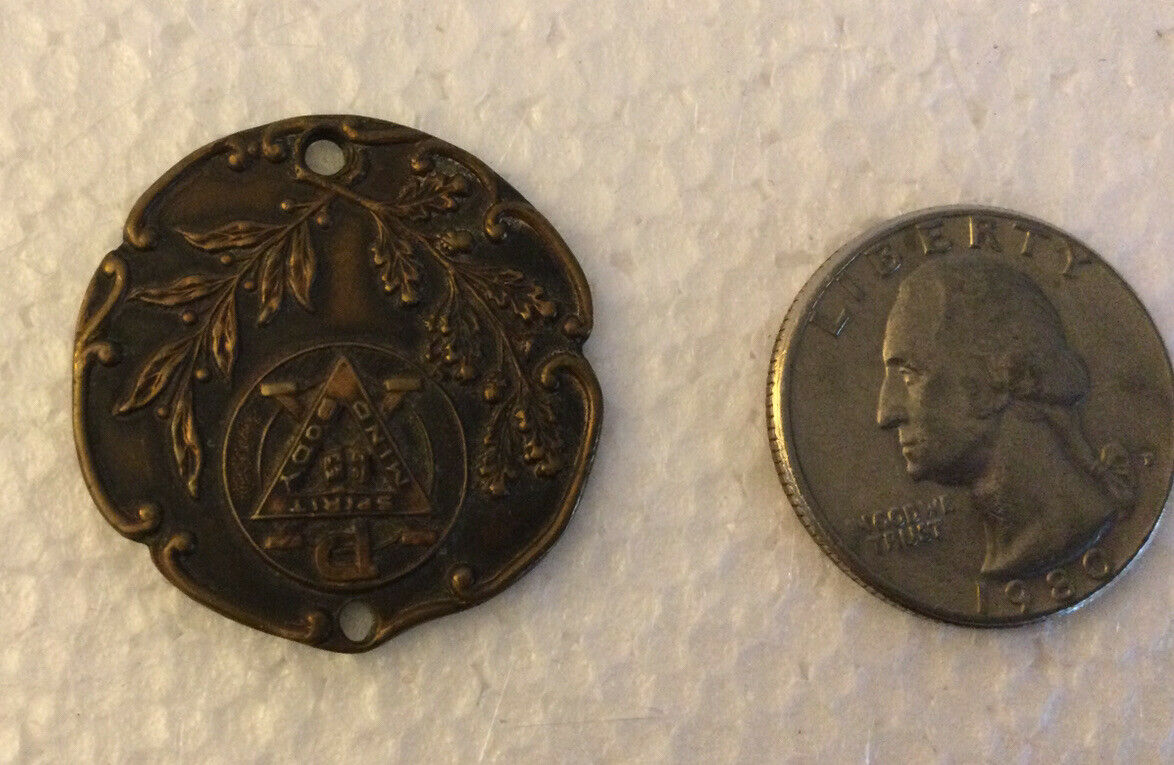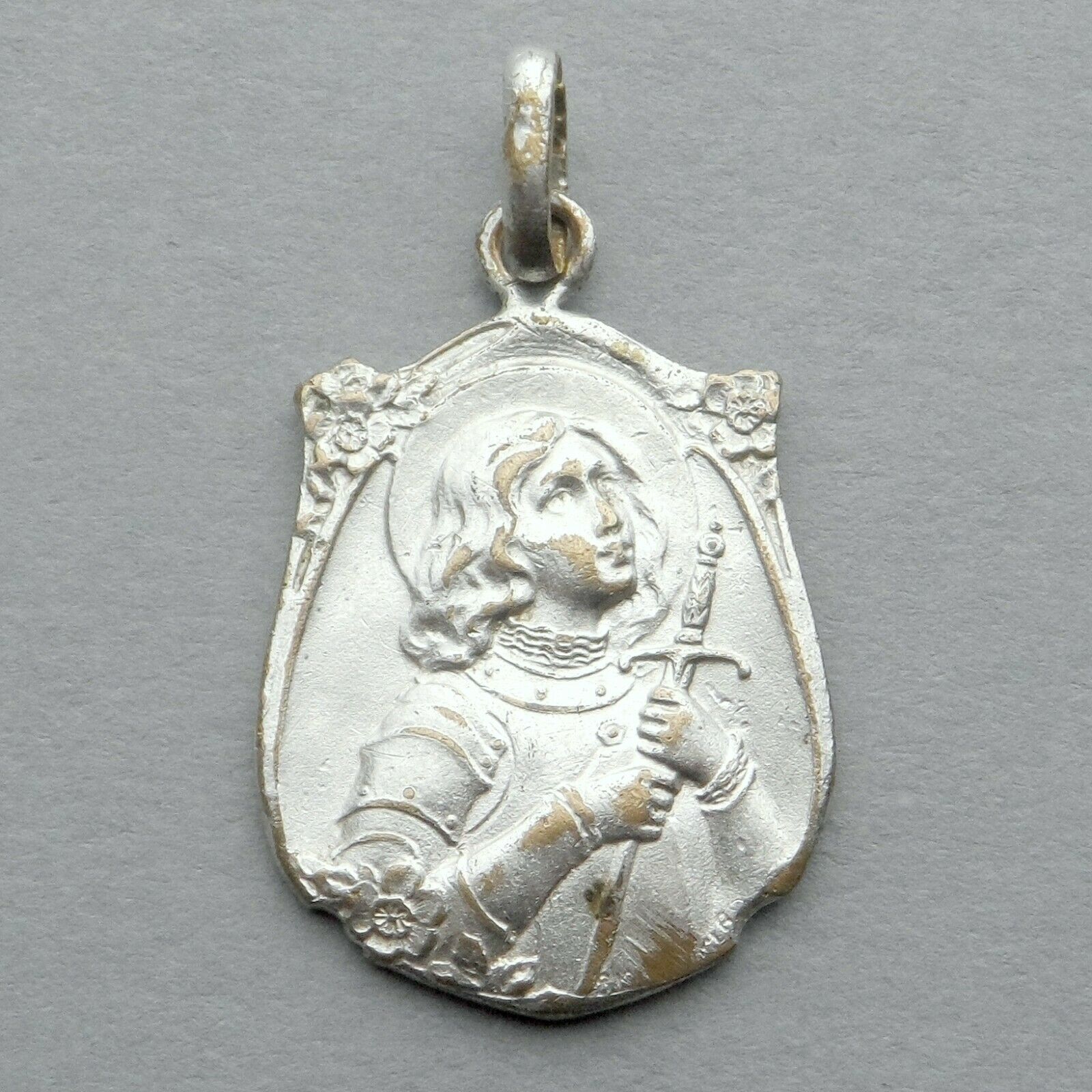-40%
Medal Raymond Queneau Claude Bee Small Cosmogony Roadside Oulipo Medal
$ 78.75
- Description
- Size Guide
Description
101- tir76Silver plated copper medal from the Monnaie de Paris (Cornucopia hallmark from 1880).
Minted in 1973.
Beautiful copy.
The reverse is an allusion to the poem "Small portable cosmogony".
Engraver / Artist / Sculptor
: Claude ABEILLE (1930).
Dimensions
: 85 mm.
Weight
: 263 g.
Metal
: silver-plated copper.
Hallmark on the edge
: cornucopia + copper + 1973.
Quick and neat delivery.
The stand is not for sale.
Support is not for sale.
Raymond Queneau, born in Le Havre on February 21, 1903 and died in Paris 13th on October 25, 1976, is a French novelist, poet, playwright, co-founder of the literary group Oulipo. Raymond Queneau grew up in a family of traders1. He moved to Paris to study philosophy at the Sorbonne and at the École Pratique des Hautes Etudes, where he notably followed the courses of Alexandre Kojève on Georg Wilhelm Friedrich Hegel.
He frequented the surrealist group to which he joined in 1924. Following his exclusion in 1930, he participated in the pamphlet Un cadavre contre André Breton with a text entitled “Dédé”. Raymond Queneau satirically recounted his experience of surrealism in Odile, where Breton appears as the character of Anglarès.
Effigy of Satrap Raymond Queneau, by Jean-Max Albert, Rt.
After the break with surrealism, Raymond Queneau embarked on the study of "literary fools" and worked on an Encyclopedia of Inaccurate Sciences. Rejected by the editors, this encyclopedia will be used for the novel Les Enfants du Limon (1938).
His military service in Algeria and Morocco (1925-1927) allowed him to learn Arabic. During a trip to Greece in 1932 (Odile), he became aware of the danger of letting the literary language move away from the spoken language. Bringing these two extremes together will become his great literary project. In this spirit, he will lay the foundations of neo-French characterized by a syntax and a vocabulary typical of spoken language and by a more or less phonetic spelling. In the last years of his life, he recognized the failure of this project. He will also admit that television, for example, did not seem to have had the negative effect on the written language he feared. He contributed to Boris Souvarine's review La Critique sociale (as well as to the Democratic Communist Circle founded by the latter2), then to the daily L'Intransigeant.
In 1933, he published his first novel, Le Chiendent, which he said to be a literary illustration of René Descartes' Discourse on Method. This novel earned him the recognition of a few amateurs who awarded him the first prize of the Deux Magots de l'histoire. Four novels of autobiographical inspiration will follow: The Last Days, Odile, The Children of Lime and Chêne et Chien, the latter entirely written in verse.
After having been a journalist for a few years and having done several small jobs, Queneau joined the Gallimard publishing house in 1938 where he became a reader, an English translator, then a member of the reading committee. In 1956 he was appointed director of the “Encyclopédie de la Pléiade”. At the same time, he participated in the founding of the magazine Volontés and began a psychoanalysis.
It was with Pierrot mon ami, published in 1942, that he enjoyed his first success. In 1947, Exercices de style appeared, a short story declined in a hundred styles, some of which would be adapted for the theater by Yves Robert. These Style Exercises were inspired by The Art of the Fugue by Jean-Sébastien Bach, during a concert he had attended, in
His military service in Algeria and Morocco (1925-1927) allowed him to learn Arabic. During a trip to Greece in 1932 (Odile), he became aware of the danger of letting the literary language move away from the spoken language. Bringing these two extremes together will become his great literary project. In this spirit, he will lay the foundations of neo-French characterized by a syntax and a vocabulary typical of spoken language and by a more or less phonetic spelling. In the last years of his life, he recognized the failure of this project. He will also admit that television, for example, did not seem to have had the negative effect on the written language he feared. He contributed to Boris Souvarine's review La Critique sociale (as well as to the Democratic Communist Circle founded by the l




